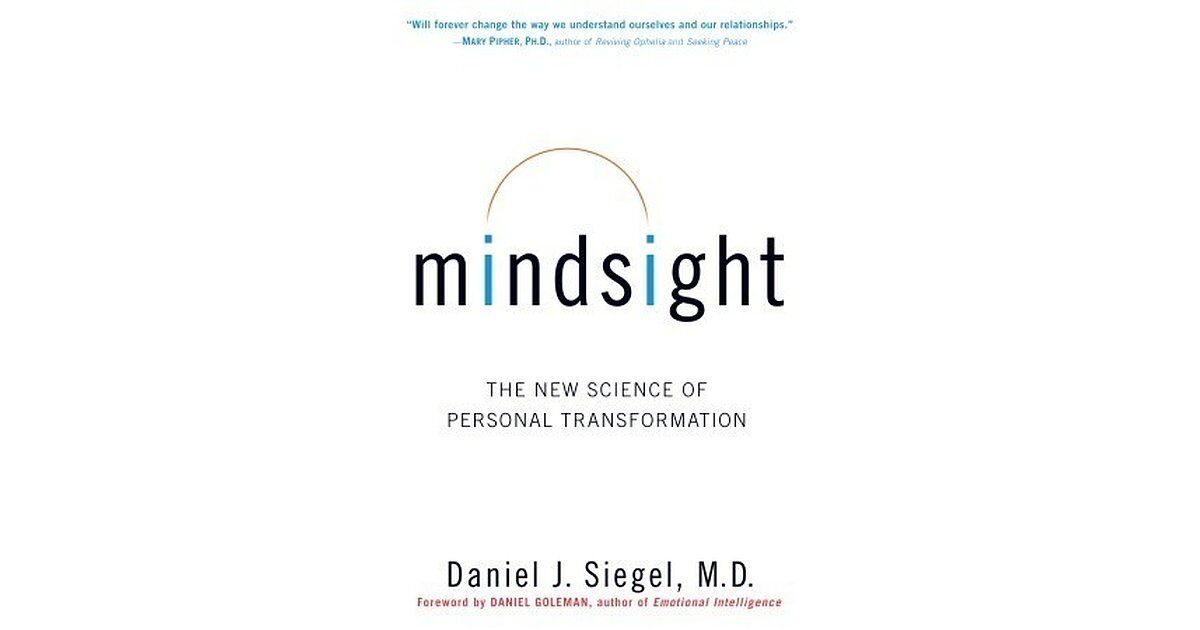Dr Dan Siegel and the benefit of mindfulness
Lucky me, spent a day with Dan Siegel a few weeks ago. Not enjoying cups of tea and interesting discussions, but attending a lecture on Interpersonal Neurobiology and Mental Health called ‘A Day with Dan Siegel’. Professor Siegel, as you probably know, is an attachment, researcher, paediatrician, psychiatrist, paediatric psychiatrist and author, and a wealth of knowledge. He covered a lot of different material ranging from paediatric and adult mental health, brain science and research, mathematics and quantum physics to mindfulness and connectedness. His point was how connection and integration within us, within our brains, between our bodies and brains and between us as individuals, is the meaning of life!!
He explained the science of how mindfulness can improve this integration and connection affecting all areas of our lives: brain function, immune function, attention, relationships, wellbeing, epigenetic regulation and telomerase levels. While this is nothing new to us, it is still incredibly important, especially when it comes to children. According to Siegel mindfulness creates, develops and stimulates the same brain pathways as present in a securely attached child.
You may be wondering about the secure attachment? Attachment is basically the scientists’ word for love. Attachment theory looks at long term relationships and bonds between people, specifically between a parent and child and between romantic partners. The theory is that when primary caregivers are available and responsive to an infant’s needs it promotes the development of a sense of security in the child from where he/she can reach out and explore the world.
Secure attachment in childhood is related to good self-esteem, better self-reliance and better performance in school. These children have the ability to self-disclose to others, giving them more successful social relationships and they experience less depression and anxiety. As adults, they tend to have healthy, happy and lasting romantic relationships. The other attachment styles (ambivalent, avoidant and disorganised) are a result of less caring and responsive parents/caregivers and have less positive outcomes for the individual.
Mindfulness provides us with tools to improve that same part of our brains to help us feel safe, cared for and loved. Neuroplasticity at its best! Yet another reason for us to take some time out of our busy days to focus on the NOW, and to teach our children and practice members to do the same.
If you are interested in this, Dan Siegel’s book Mindsight is a very good resource on how and why mindfulness works. Also, Switched-on Kids Next Generation delves deep into what else you can do to help children live happy, healthy and connected lives.



